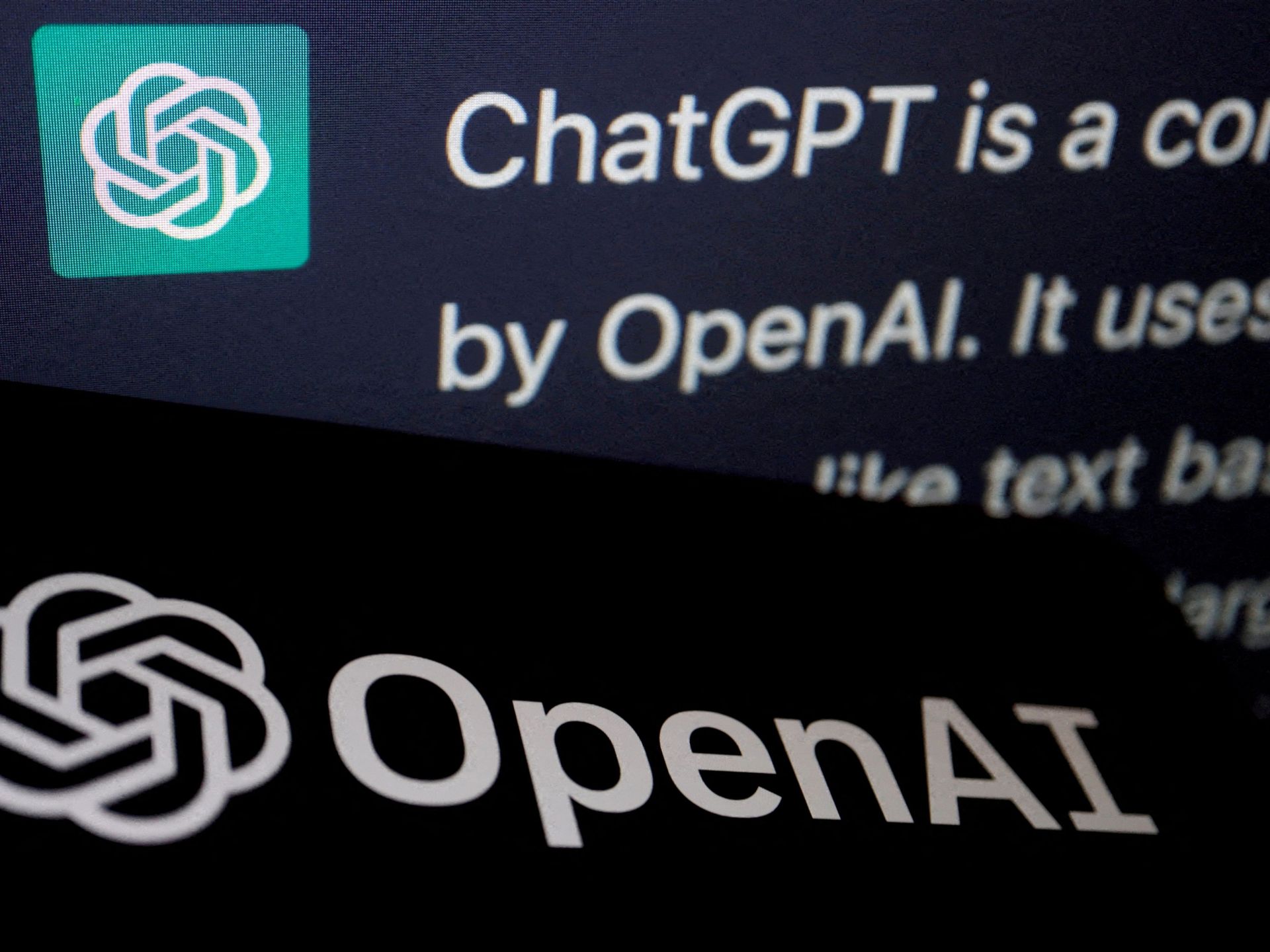I became “OpenAI“The platform of choice for cyber actors wishing to influence democratic elections across the world. In a 54-page report, Mobtaker said”Shot at BayIt disrupted more than 20 phishing operations and networks around the world that attempted to use the company's models, according to CNBC.
The threats ranged from AI-written articles on websites, to social media posts by fake accounts.
The company explained that its update on cyber impact and operations was intended to provide a comprehensive picture of what it sees, and identify an initial set of trends about the relevance of artificial intelligence to the broader threat landscape.
The OpenAI report comes less than a month before the US presidential elections. In addition to the United States, this year is an important year for elections globally, with elections affecting more than 4 billion people in more than 40 countries.
The spread of artificial intelligence-generated content has led to serious concerns about the spread of misleading information related to the elections, as deepfake cases increased by 900% year-on-year, according to data from Clarity, a company specializing in machine learning.
OpenAI stated in its report that uses of artificial intelligence related to elections range in complexity from simple requests to create content, to complex multi-stage efforts to analyze and respond to social media posts.
She added that social media content mostly relates to elections in the United States and Rwanda, and to a lesser extent elections in India and the European Union.
In late August, Iranian entities used Open AI products to create long articles and comments on social media about the US elections, in addition to other topics. But the company said the majority of the posts identified received little or no interaction, according to the report.
Last July, the company banned GBT Chat accounts in Rwanda that were posting comments related to the elections on the “X” platform.
An Israeli company also used GBT Chat last May to create comments on social media about the elections in India. OpenAI wrote that it was able to address the case in less than 24 hours.
Last June, OpenAI covered a covert operation that used its products to generate commentary on European Parliament elections in France and politics in the United States, Germany, Italy and Poland.
The company said that while most social media posts received little interaction, some real people responded to the AI-generated posts.
None of the election-related operations were able to attract fake participation or build sustainable audiences through the use of GBT Chat and other OpenAI tools, the company said.



:max_bytes(150000):strip_icc():focal(999x0:1001x2)/daddy-yankee-mireddys-gonzalez-2-ed55bf87a4524a368ba3c9be674a278a.jpg)

